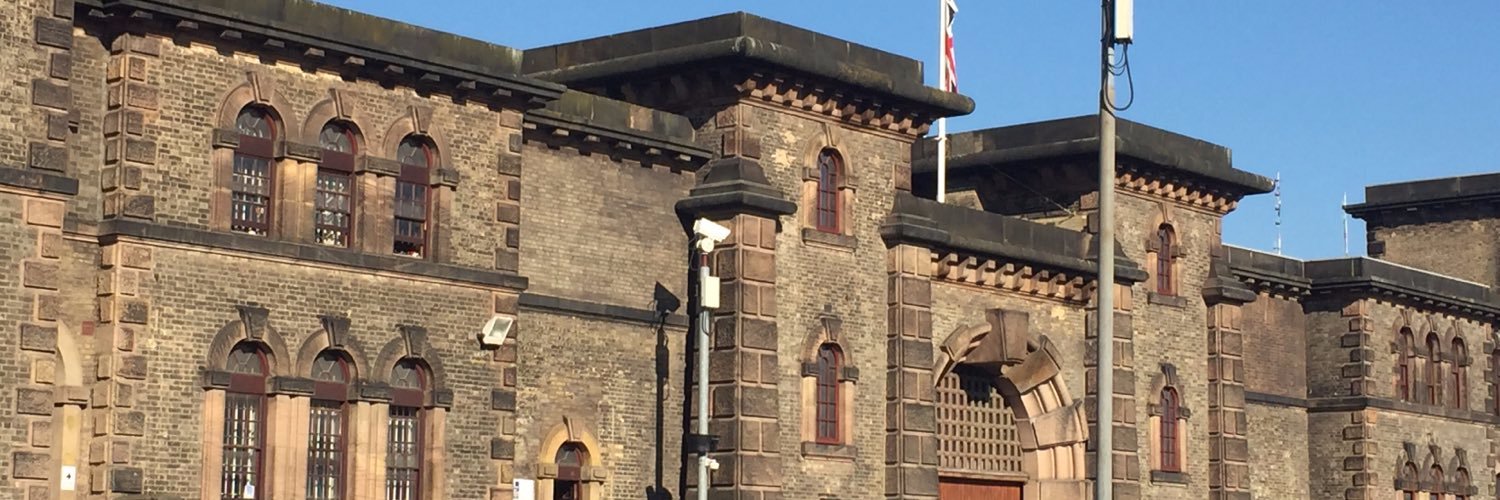His Majesty’s chief inspector of prisons has said one-in-10 prisons in England and Wales are barely fit for purpose and should be shut down if alternative spaces can be found.
Charlie Taylor told the Guardian that Victorian-era inner city jails in particular “have got just far more prisoners than they were originally designed for.”
Overcrowding and poor infrastructure has seen prisoners crammed into cells inside vermin infested jails with too few staff and inadequate facilities for exercise, retraining and education.
Taylor cited 14 Victorian jails that are unable to provide proper accommodation including HMPs Wandsworth, Pentonville, Liverpool, Leicester, Lewes, Exeter, Bristol and Leeds.
When asked if the 14 prisons – representing more than 10% of the total – should be closed in an ideal world, the chief inspector of prisons said: “Yes.”
“They tend to be built with very small footprints because they’re built in inner cities. And they definitely haven’t got enough activity places when the population is double the number that the prison was originally built for,” said Taylor.
On his last visit to HMP Wandsworth – from where accused spy Daniel Kalife escaped earlier this month – Taylor said: “We saw a cell that was ready for a first-night arrival, potentially your first night in a jail cell, having been burnt out by the previous occupant.
“It was just hideous.
“If the prison was not overcrowded, what you would say is ‘We’ll take that out of commission and paint it and fix it up’. But it’s just one out, one in.”
Conditions are so bad that a German court refused to extradite a suspected drug trafficker because of the poor state of and levels of crowding in British jails.
According to the Telegraph, there were just 315 cells available in all of England and Wales’ prisons on Friday last week. Fears of prisons overflowing led to the Ministry of Justice ordering police to put 400 cells on permanent standby.
The numbers of prisoners rose by nearly 250 last week to reach 84,091 on Friday. Responses to the crisis has seen more than 1,500 prisoners released early and the installation of 1,000 rapid deployment cells in 18 jails across the country – pre-constructed blocks that can be positioned on spare land inside prison walls.
A senior prison source warned about there being “just 315 male adult” spaces left, saying: “We are coming to the end game. There is nothing left.”
Concerns are also high for women’s prisons which are approaching there capacity but do not have the £safety valve” of being able to transfer prisoners to police cells.
The source said women’s jails are “starting to reach a critical state,” adding: “Unlike the male population, there are no contingencies for the women’s estate if it becomes full.”
A spokesperson for the MoJ said: “We will always ensure there are enough cells to lock up dangerous criminals and keep the public safe.
“We’re pressing ahead with the biggest expansion of prison places in over a century – delivering 20,000 additional spaces including six new jails. Around 5,500 new places have already been delivered including HMP Fosse Way which opened in May and we’ve created short-term capacity by doubling up cells where it is safe to do so and delaying non-urgent maintenance work.”
Staffing in British jails is becoming as concerning as the levels of overcrowding.
The Independent reported two weeks ago about fears of gangs over-running prisons because thousands of experienced officers have quit the service.
Jails are vulnerable to increased violence, instability and control by gangs, the newspaper states. Its analysis shows the number of prison officers in the UK with more than 10 years experience has plunged from around 60% in 2017 to around 30% in June this year. More than 1,000 officers with more than 10 years experience quit in the last year alone.



